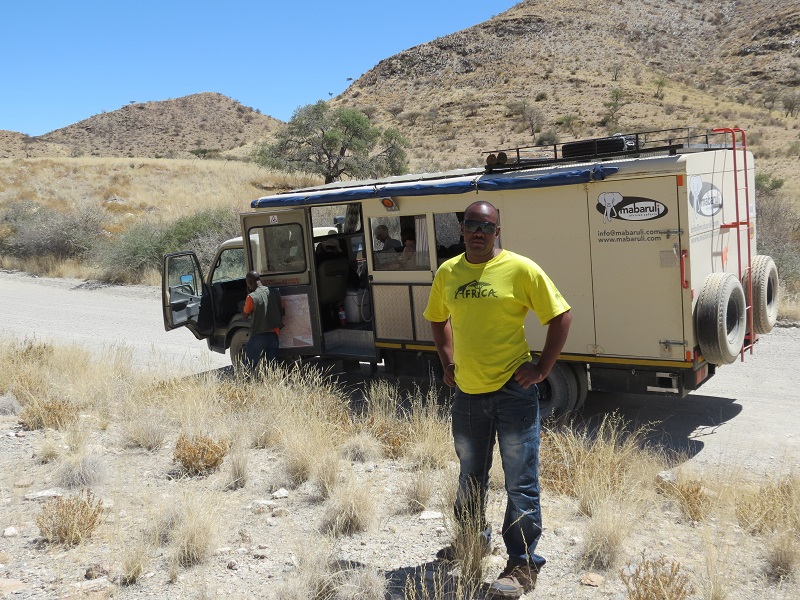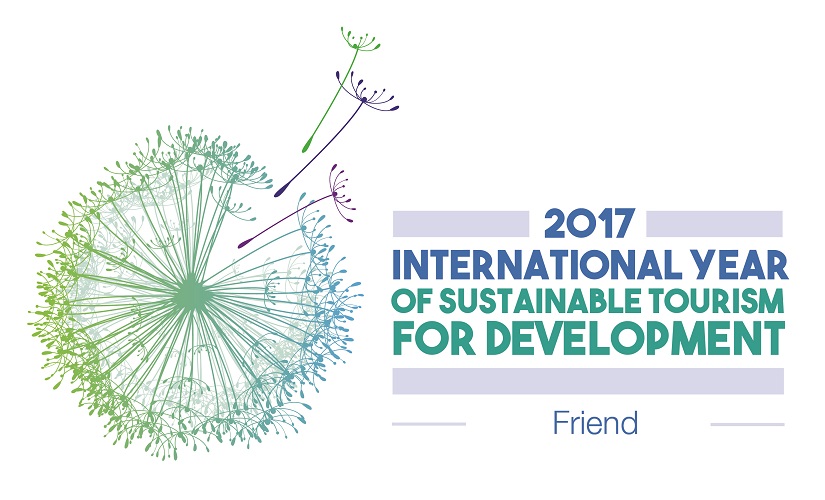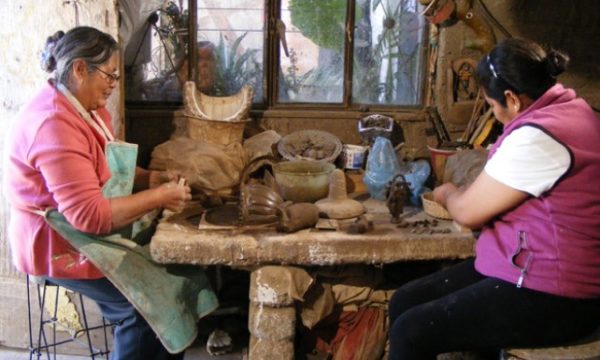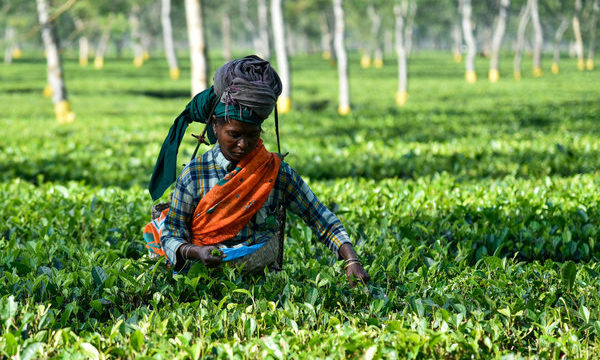People who are aware of CABI through our work in agriculture, the environment, plant protection, or invasive species management, are sometimes surprised to find that we are also engaged in tourism, primarily through publishing books and database products. With tourism in overcrowded Western cities such as Barcelona and Venice increasingly seen as a problem rather than an asset, where does tourism fit in with sustainable development and improving livelihoods? A clue is given by 2017 having been designated the International Year of Sustainable Tourism for Development by the United Nations, and the inclusion of tourism in Goals 8, 12 and 14 of the SDGs. And a report published this week by the UN Conference on Trade and Development (UNCTAD) highlights how flourishing tourism in Africa is putting millions of people to work and adding billions of dollars to national economies.
Since the 1990s, tourism has increasingly contributed to Africa’s growth, employment and trade. During 1995–2014, international tourist arrivals to Africa grew by an average of 6 per cent per year and tourism export revenues, 9 per cent per year. The average total contribution of tourism to gross domestic product (GDP) increased from $69 billion in 1995–1998 to $166 billion in 2011–2014, that is from 6.8 per cent of GDP in Africa to 8.5 per cent of GDP. Furthermore, tourism generated more than 21 million jobs on average in 2011–2014, which translates into 7.1 per cent of all jobs in Africa. With growth forecast to continue, the World Travel and Tourism Council (WTTC) projects the total contribution of tourism to Africa’s Gross Domestic Product will amount to $296 billion by 2026. The WTTC also expects the sector to generate nearly 29 million jobs in 2026 up from 21 million in 2016.
If tourism benefits are to feed into local economies and communities, however, the industry must be carefully managed. Tourism has been associated with operating in isolation from other parts of the economy, suffering from high financial leakage, generating sociocultural tensions and environmental damage. History suggests that countries cannot rely on tourism as the sole avenue out of poverty or the only pathway to sustainable economic development. The new report focuses on enhancing the role that tourism can play in socioeconomic development, poverty alleviation, trade, fostering regional integration and structural transformation. To achieve these goals, it stresses that Africa must tackle key impediments to developing the tourism sector, such as weak intersectoral linkages.
A relatively recent feature of the African tourism industry is the growing importance of regional markets. UNCTAD secretary-general, Mukhisa Kituyi says intra-African tourism, which now exceeds visitors from Europe, the United States and Asia, is behind the fast growth in the industry.
“Also, importantly documented in this report is the fact that intra-African tourism is 12 months a year," he said. "It does not wait for the north in winter and that way it underpins more continuing livelihoods than the seasonal tourism associated with the traditional South markets.”
The Economic Development in Africa Report 2017 aims to identify key barriers and impediments to unlocking the potential of tourism in Africa to help transform the continent’s economy structurally, and provides policy recommendations on how those barriers and impediments could be addressed. The focus is on the following four challenges:
(a) Strengthening intersectoral linkages
(b) Enhancing the capacity of tourism to foster more inclusive growth
(c) Tapping the potential of intraregional tourism through deepening regional integration
(d) Harnessing peace and stability for tourism.
Beyond generating economic benefits and boosting productive capacities, the report says that tourism has the potential to foster inclusion by creating employment opportunities among vulnerable groups such as the poor, women and youth. To achieve this, stronger linkages at national and local levels must be developed, to ensure that more of the value added in the tourism sector remains within the destination country, rather than being lost to foreign investors, international tour operators and foreign airline companies.
With greater global literature coverage than any comparable database, CAB Abstracts comprehensively covers research on tourism development in Africa. With much of the tourism industry in Africa being in rural areas, it also intersects with our better-known focus areas of agriculture and the environment. For example, recent research involving CABI scientists highlights how the spread of invasive plants may devastate wildlife tourism in East Africa. Subscribers to CABI’s Leisure Tourism website can access thousands of bibliographic records on tourism in Africa. We also regularly publish open access news articles on developments and publications relevant to tourism development on the continent – see for example this feature on the latest Africa Tourism Monitor.
Access the UNCTAD report – Economic Development in Africa Report 2017: Tourism for Transformative and Inclusive Growth
CABI is a Friend of the International Year of Sustainable Tourism for Development.
Related News & Blogs
CABI to work in partnership to help protect St Helena’s biodiversity and enhance its agriculture
Most people have heard of St Helena and perhaps a few are even aware that it is a UK overseas territory in the South Atlantic. Its greatest claim to fame is that Napoleon was exiled to the island and died there, but what many people might not appreciat…
27 September 2021





